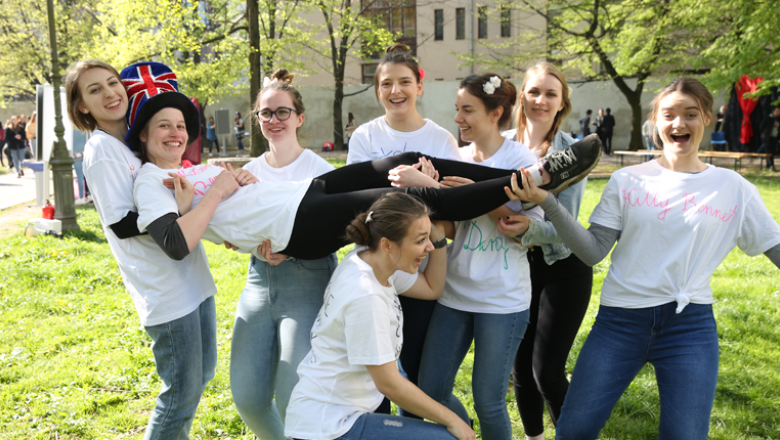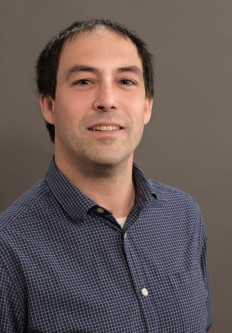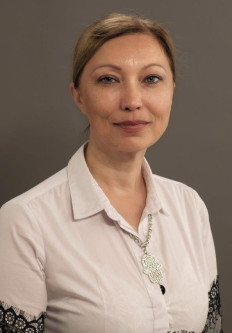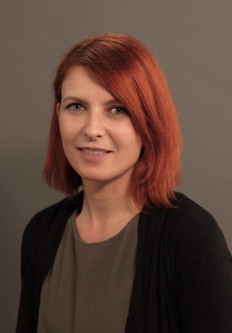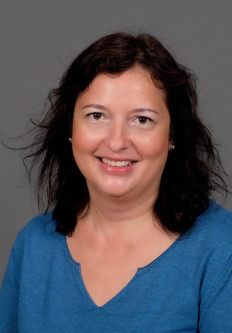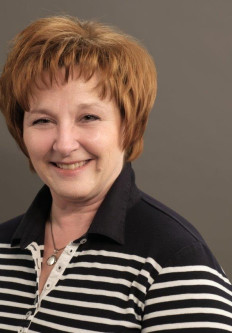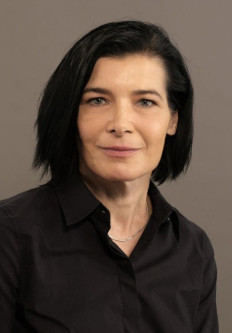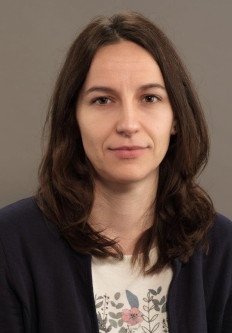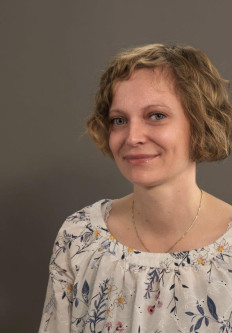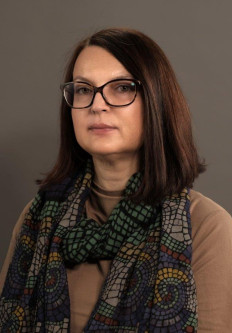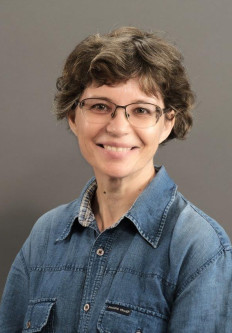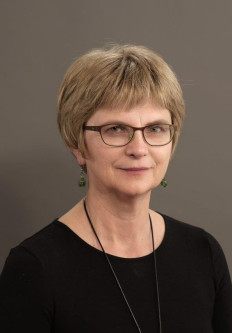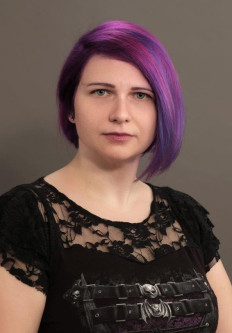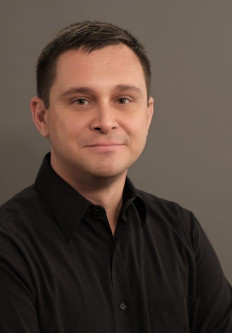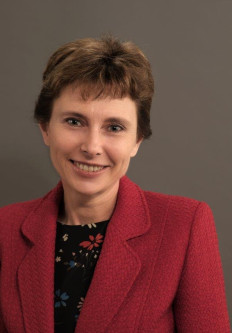

History of the Department
The study of English language and literature at the University of Ljubljana dates back to the year 1920, which saw the establishment of the Germanic Seminar, later to become the Department of Germanic Languages and Literatures, led by Assistant Professor in Germanic Philology Jakob Kelemina. In this first period of study, the focus was on the history of English, although Kelemina was also active in the field of literary studies and contributed to the position of Shakespeare as a literary figure among the Slovene populace.
Throughout its history, the Department has been quick to respond to societal needs. When the post-war curriculum introduced English as a core subject in Slovene schools, reorganisation was required and the courses and teaching methodologies were both broadened and modernised. The first few decades after the Second World War thus ushered in the development of phonology and phonetics, syntax and lexicology. English specialist Ivan Konte was the person in charge of the first phonetics laboratory, which was equipped in 1962–1963. The structural changes in the university environment meant an ever increasing number of students, making English one of the most popular study programmes within the faculty. As a consequence, in 1998 the Department of Germanic Languages and Literatures split into two: the Department of English and the Department of German, Dutch and Swedish. Interest in the study of English continues to the present day and testifies to the importance of the language in our global society as well as to the many career options open to English graduates.
As the numbers of students and staff expanded, so did the research and teaching activities of the department. The most important organisational change took place in 2009–2010, when the new study programmes compatible with the Bologna Reform were implemented. The conceptual and methodological development of English literature instruction brought in-depth seminars on individual methods to individual topics and authors. Professor Meta Grosman was instrumental in introducing various interpretative and analytical procedures with a greater orientation to the reader’s experience of literature. At the same time, the desire to offer a more inclusive coverage of literatures in English saw the creation of additional courses, for instance, in Australian and Canadian literatures; the department has also always paid particular attention to authors of Slovene heritage in English-speaking countries. In recent times, the curriculum has been enriched with vibrant fields such as feminist literary studies, children’s literature and literature for young adults.
The field of linguistics has been marked by ever greater specialisation of courses in line with the dynamic development of various linguistic subdisciplines, ranging from generative and cognitive grammar to sociolinguistics, psycholinguistics and lexicography. This depth and breadth of research is reflected in the organisation of scientific conferences in linguistics as well as in literature and English language teaching.
The department has always maintained a critical belief in the value of practical skills and the importance of mastery of the language as a prerequisite for excellence in teaching.
As a consequence, the hiring process has privileged staff members with a wealth of experience and expertise in a variety of closely related as well as in some less obvious areas. Dr Stanko Klinar is well known for his translation work and his contribution to mountaineering terminology, for instance, and it has generally been the case that faculty members have plied their translation skills to introduce both classic and modern English-language works to Slovene readers, and to create a way for Slovene literature to reach foreign audiences.
The field of translation has seen important practical and academic development. The first courses in translation theory were held as early as 1959, with interpreting training beginning in the 1970s. The following decade a specialised translation track was made possible for students of the department. Given the great need for translation experts after the independence of Slovenia and during the process of accession to various European and international organisations, the department obtained funding from the TEMPUS programme in 1993 to create an innovative study programme in translation and secure the necessary equipment, which eventually led to the establishment of the Department of Translation and Interpreting in 1997. Recently the department has once again been paying particular attention to making sure English graduates are equipped with translation expertise.
It also falls within the purview of the Department to carry out pre- and in-service training for the great majority of all English teachers in Slovene primary and secondary schools, which has significant benefits for the general level of English language skills in Slovenia. This makes English language teaching a central focus for the department. Dr. Dušan Čop, one of the first specialists in the field, made a point of showing how important the connection between theory and practice is by learning as many as 37 languages. Since 2000–2001 teaching practice has been a core element of the curriculum for teacher trainees, and since 2015–2016 English students can take advantage of work placement as teaching assistants in partner schools in the United Kingdom, adding to both their professional expertise and their language and culture skills. Members of the department have traditionally been very active both formally and informally in English language teaching in Slovene schools, language testing and the general promotion of languages, reading and literacy. Worthy of particular mention are teacher education programmes for in-service English teachers. Since their inception in 1989, these annual events have regularly been attended by a hundred or more teachers from across Slovenia.
Ever since the beginning of English studies, the departmental library has been an important source of support to the study process and research work. Following a modest start in 1919, it was assigned a new location in 1966 as part of the Faculty of Arts building, Aškerčeva 2. Six years later it gained an additional reference library and reading room; in 1993, a large classroom was turned into what is today the lending library. In March 2006, when the library incorporated the collection of the Department of Translation, another office was added, creating the new English, Germanic and Translation Library. In late 2018, its collections comprised 88,022 items. An important part of these were acquired through foreign donations. The library is used every year by some 13,000 users taking out approximately 33,000 items.
By its very nature, the Department of English is open to international cooperation with both the English-speaking and global world. Only two years after the Germanic Seminar was established, it already welcomed the first foreign lecturer coming to Ljubljana to teach Modern English Language. The British Council later facilitated stays by many native speaker lecturers and the Fulbright programme still plays an important role bringing visiting lecturers from the US to Ljubljana. The Department collaborates in particular with St. Mary’s College of Maryland and has, in the last twenty years, been actively participating in the Erasmus and Erasmus+ programmes which have enabled contacts with international experts through short visits as well as student exchanges. The wealth of possibilities – currently students can choose among some 40 partner universities in more than 20 countries – is complemented by the opportunity to do a traineeship abroad, an option that has become particularly popular in recent years. The Department occasionally organises additional types of bilateral and multilateral international cooperation, such as joint courses with other institutions using ICT, exchanges with universities in neighbouring countries, or a series of summer schools entitled Erasmus IP Cultural Landscapes: Negotiating Cultural Encounters with the English-Speaking World.
